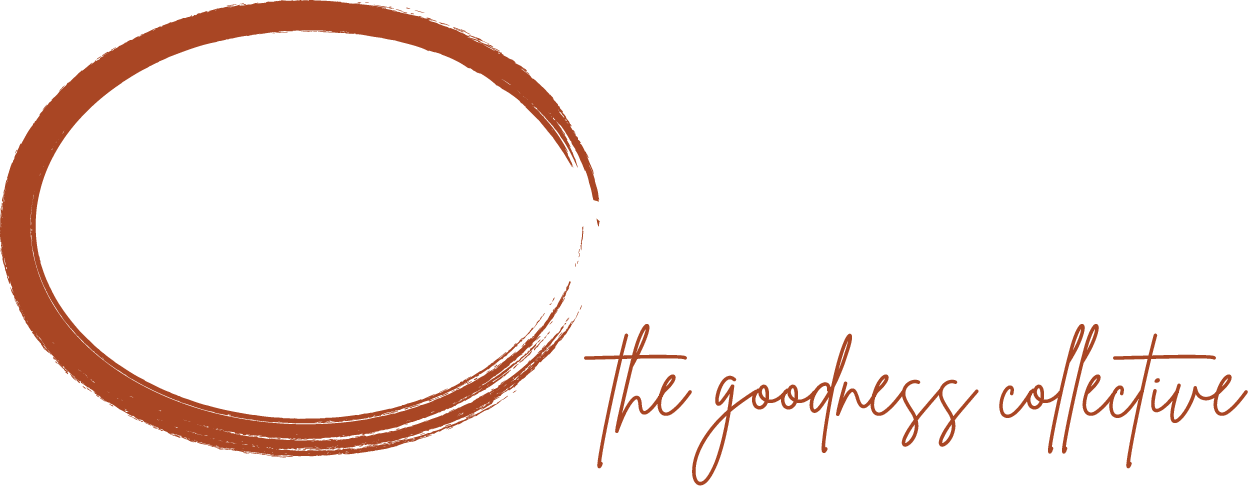What’s one common thought that binds Emma Watson and Rasika Duggal together? It is their love for sustainable and organic clothing. Whether you’re an actor, a homemaker, a working professional, or just someone who travels abundantly — you probably already make a statement with your fashion choices. But can you make a more powerful, meaningful and conscious statement by choosing responsible slow fashion?
What is Slow Fashion?
“Demand quality, not just in the products you buy, but in the life of the person who made it.”
– Orsola de Castro, Co-founder of Fashion Revolution
In simple words, slow fashion is the absolute opposite of fast fashion. Slow fashion brands produce apparel and accessories in slow, small batches to avoid excess production and overconsumption. The term ‘slow fashion’ came into existence when Kate Fletcher, a research professor and a sustainability pioneer, coined it. She refers to slow fashion as quality-based rather than time or trend-based, which fast fashion banks on. The garments produced by slow fashion brands are made in high-quality sustainable fabrics that could organic, biodegradable or recycled. These pieces are long-lasting, gentle on the skin and the quality may evoke the memory of your grandma’s sarees or skirts that are handed down to the next generations.
Is Slow Fashion the New Luxury?
Slow fashion is true luxury, and for good reason. Produced with the utmost care, slow fashion brands often involve artisans who handcraft these pieces. The brands act responsibly to reduce their carbon footprint, water usage and fabric wastage. They source their raw materials from the weavers directly and without middlemen’s involvement. They provide safe and hygienic working conditions for their own workers and work with only those suppliers that fulfil these conditions. They pay fair wages, making the whole cycle of sourcing, production and supply sustainable and ethical.

Source: The Fair Cottage
If you were to look closely, you would see that the truly committed slow fashion brands use their leftover fabric to craft scrunchies, bags, masks, etc. While some brands produce in slow batches, others brands follow a made-to-order approach to minimise wastage.
The question remains — is it luxury? Luxury denotes elegance, sophistication, quality, craftsmanship and timelessness. And that’s what slow fashion brands stand for. They use sustainable fabrics that could be cotton, mulmul, hemp, bamboo or jute that do not degrade the soil, and use dyes that do not contaminate water with toxic chemicals.
Many slow fashion brands work with artisans, local or rural communities and women’s self-help groups. When you shop from a slow fashion label, you contribute to their livelihoods and to keeping their craft alive.
Fashion has the power to drive change. The slow fashion movement that is gaining momentum rapidly around the world is a force for good of the environment and the entire industry eco-system.
Fashion has the power to drive change. The slow fashion movement that is gaining momentum rapidly around the world is a force for good of the environment and the entire industry eco-system.
The Onus is on You

“There is no beauty in the finest cloth if it makes hunger and unhappiness.”
– Mahatma Gandhi
Fast fashion may be glamorous; the fast-fashion hauls on TikTok and Instagram reels may generate thousands of views, but spare a thought for the enormous footprint of fast fashion on our environment. Apart from being cheap and of poor quality, fast fashion brands, in their quest to drive down costs, exploit workers manufacturing their clothes, often in third world countries, by turning a blind eye towards the working conditions and wages paid.
So what can we do? We can start by caring! We can be mindful of the brands we buy. We can be curious about what goes into the making of those pieces we love. We can pause and think if we really need to buy something new for every occasion. We can unhesitatingly repeat outfits and make a bold statement.
And we can shop from local slow fashion brands. These brands do not slavishly follow the latest fad or runway trends and believe in crafting timeless and versatile pieces that you can wear frequently. Many of them are committed to reviving and sustaining traditional textile artforms like Ikat, Chikankari, Patola, Bandhini etc that can never go out of fashion.
None of this is to say that we must compromise on design or style quotient. A common misconception that slow fashion is boring steers millennials away from it. Several contemporary Indian brands like No Nasties, Bodice, Doodlage and Nicobar produce pieces that are mindfully produced and score high on design. Small made-to-order businesses, too, understand the importance of style and craft clothing to the customer’s liking without unnecessary wastage.
You don’t have to become a slow fashion champion overnight. And you certainly should not throw out your wardrobe! Take your time to understand the philosophy of slow fashion and become more aware of what you buy. Take baby steps of making thoughtful and conscious shopping choices and you will soon discover a world of goodness!
















